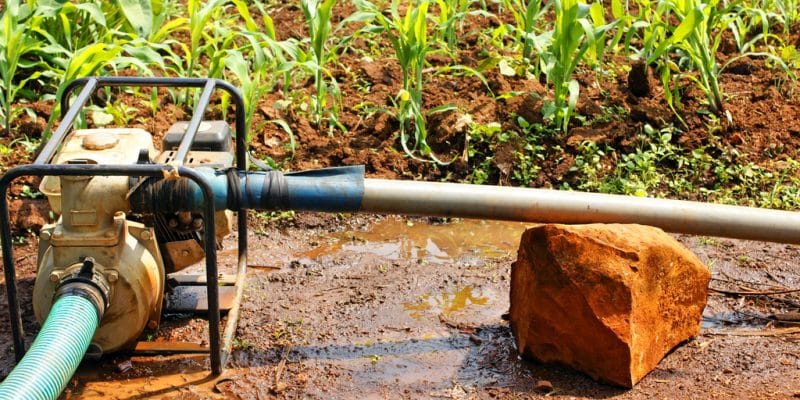The World Bank (WB) is helping farmers in the Sahel who suffer from the lack of rainfall to irrigate their fields. Climate change, which affects the whole region, makes the situation very critical.
Observers are watching with great attention the situation in Burkina Faso. The authorities published the results of the 2017/2018 crop year on Monday May 7 2018. According to this balance, cereal production fell by 11% compared with the previous year, or exactly 4 million tons. If scientists blame the legionary caterpillars, many others attribute this drop in production to the drought that has continued this year.
An effect of climate change, therefore, which risks causing famine in this Sahelian country. Faced with this situation, several actors in the international community have decided to act. This is the case of Japan, which has announced that it will offer Burkina more than 5 000 tons of cereals. But the World Bank is looking further, it has just decided to grant 25 million dollars to finance the Sahel irrigation project.
Five countries targeted by the Sahel irrigation project
Niger is among the Sahel countries most affected by the lack of rainfall. In this country, there is a real risk of famine according to the World Bank. It is therefore only logical that in Niamey, the capital, the Bretton Woods institution signed the financing agreement.
In fact, it is the culmination of a decision taken between the United Nations (UN) and the World Bank, in Dakar, Senegal, in 2013 at the summit on irrigation. In all, 5 Sahelian countries will benefit from this 13 billion CFA francs envelope. These are Niger, Burkina Faso, Senegal, Chad and Mauritania. This money will increase the irrigation capacity of these countries affected by the advance of the Sahara Desert.
The objectives of the World Bank’s action
The World Bank’s primary objective is to prevent famine in the countries receiving funding. But the ultimate goal is to irrigate 1 million hectares of land over the next two years. This objective can be easily achieved, especially when we know that some of the countries concerned are crossed by the Niger River. These countries will also be able to count on its tributaries like the Gorouol River which crosses Burkina Faso and Niger.
Jean Marie Takouleu







